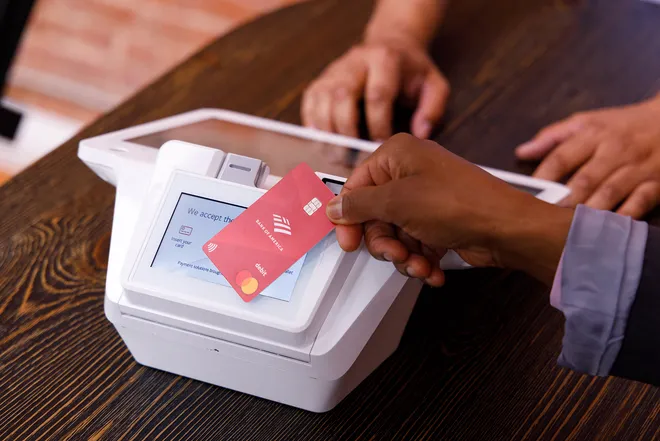The cost of living is hitting Generation Z. Nearly half of Gen Z adults say they get financial help from parents and family, a new survey suggests.
Almost half (46%) of Gen Z adults ages 18 to 27 said they relied on financial assistance from their parents or other family members, in the “Parent Trap” survey, released recently by Bank of America last week. Research firm Ipsos conducted the survey of more than 1,090 Gen Z adults from April 17 to May 3 for Bank of America’s Better Money Habits financial education team.The findings mirror those from an online survey in September that found that two-thirds (65%) of Gen Zers and 74% of millennials say they believe they are starting farther behind financially. That an online survey was conducted exclusively for USA TODAY by The Harris Poll.
However, about six out of 10 Gen Zers (58%), said they felt optimistic about their financial future heading into 2024, according to a Bankrate poll released in December.
Regardless, Gen Z is less likely to be saving money or putting away funds for retirement than other generations, another Bankrate survey in September found.
Gen Z cuts back over financial woes
More than half of the Gen Z respondents in the Bank of America survey (54%) said they don’t pay for their own housing. To offset cost of living expenses, many said they were cutting back on dining out (43%), skipping events with friends (27%), and shopping at more affordable grocery stores (24%).
More Gen Z women surveyed (61%) than men (44%) said the high cost of living is a barrier to financial success.“Though faced with obstacles driven by the cost of living, younger Americans are showing discipline and foresight in their saving and spending patterns,” said Holly O’Neill, president of retail banking at Bank of America, said in a news release. “It is critical that we continue to empower Gen Z to work toward achieving financial health and meeting their long-term goals.”
Gen Z and financial dependence
The cost of living is a “top barrier to financial success” for Gen Z, and more than half (52%) say they don’t make enough money to live the life they want, according to the Bank of America survey. The money crunch led many surveyed to say that even though they are working toward these goals:
- They do not have enough emergency savings to cover three months of expenses (57%)
- They are not on track to buy a home (50%)
- They are not able to save for retirement (46%)
- They cannot start investing (40%)

